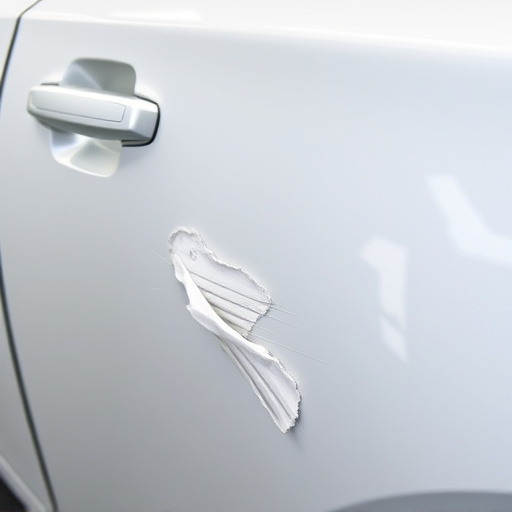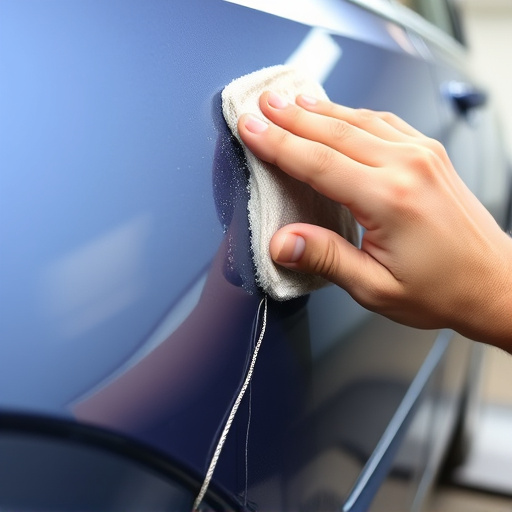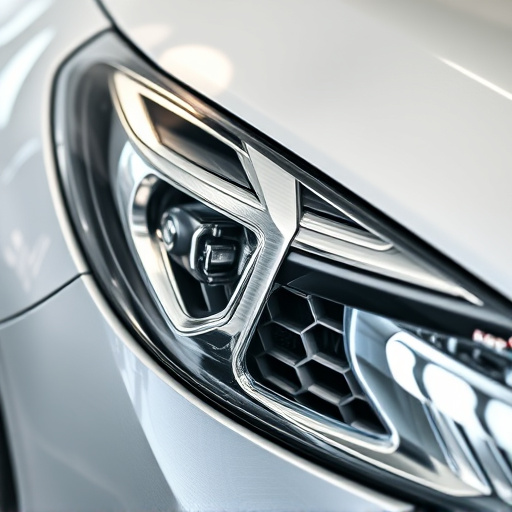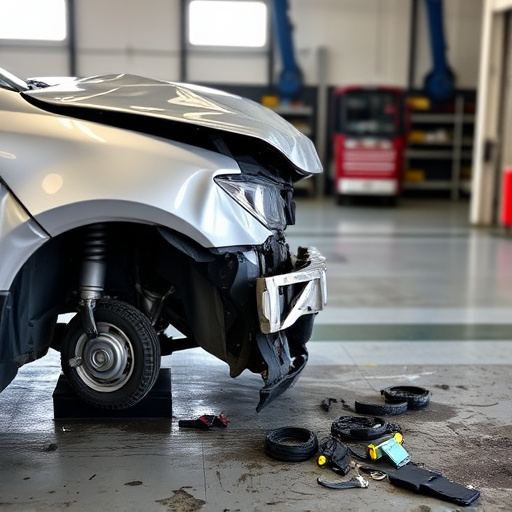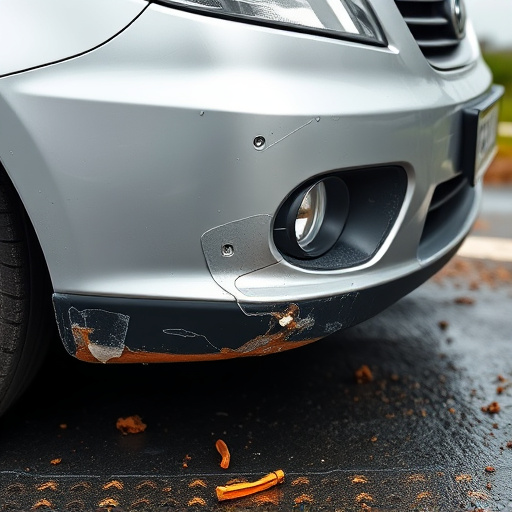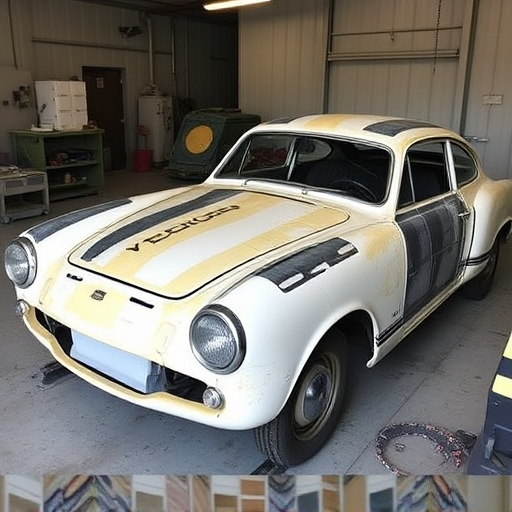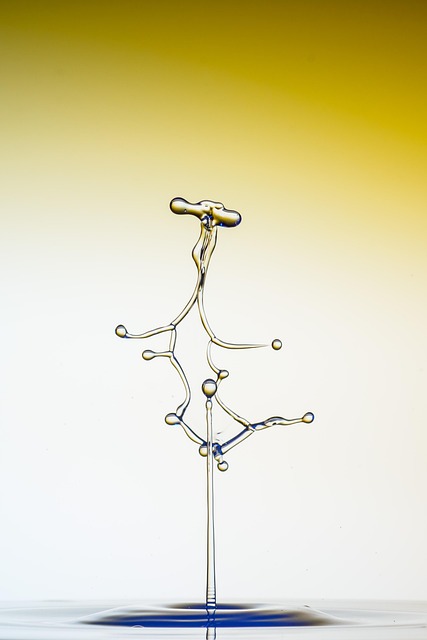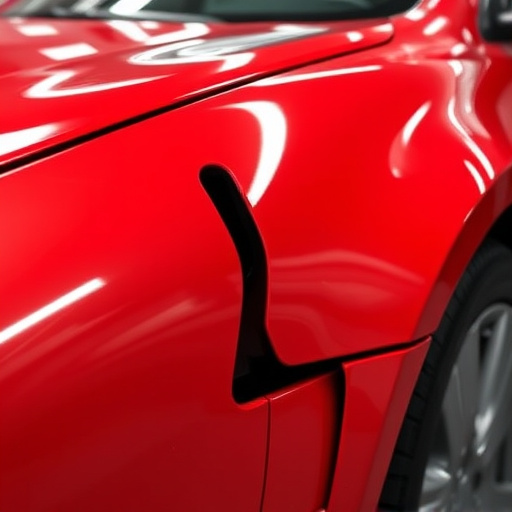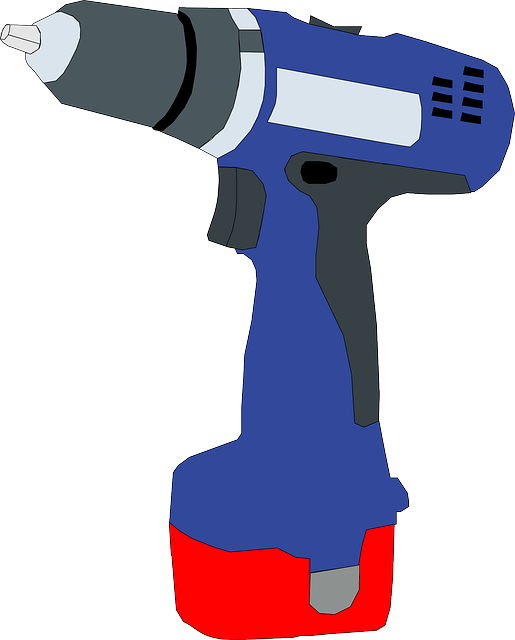Plastic welding technology has transformed auto body repairs, offering speed, precision, and efficiency with techniques like laser welding. This results in stronger, more durable welds, consistent finishes, and quicker turnaround times for collision centers. Beyond automotive, plastic welding is versatile across industries from manufacturing to medical devices, fostering innovation by integrating diverse materials and providing superior structural integrity, especially in high-stress environments like fleet repair.
“Discover the transformative power of plastic welding technology, a game-changer across diverse industries. This advanced process offers unparalleled efficiency and precision, revolutionizing manufacturing and design. From rapid prototyping to robust component creation, its versatility is unmatched.
In this article, we explore how plastic welding enhances durability, speed, and flexibility. Uncover the benefits that make it an essential tool for modern fabrication, ensuring stronger, lighter, and more innovative products.”
- Unlocking Efficiency: Speed and Precision in Plastic Welding
- Versatility in Action: A Wide Range of Applications
- Enhancing Durability: The Strength of Plastic Welded Components
Unlocking Efficiency: Speed and Precision in Plastic Welding
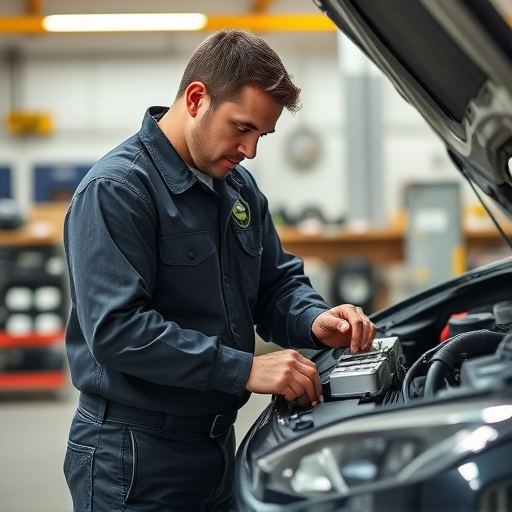
Plastic welding technology has transformed the way we approach auto body repairs and vehicle restoration. One of its most significant advantages lies in its ability to offer unparalleled speed and precision, revolutionizing the traditional collision repair center landscape. With advanced techniques like laser welding, for instance, the process becomes not only faster but also highly accurate, minimizing material waste and ensuring structural integrity.
This efficiency is particularly beneficial in busy vehicle repair shops where quick turnaround times are crucial. Through precise plastic welding, autobody repairs can be completed more swiftly, allowing mechanics to handle a larger volume of work without compromising quality. Moreover, the precision ensures that every weld is consistent and strong, leading to longer-lasting repairs and a superior finish.
Versatility in Action: A Wide Range of Applications
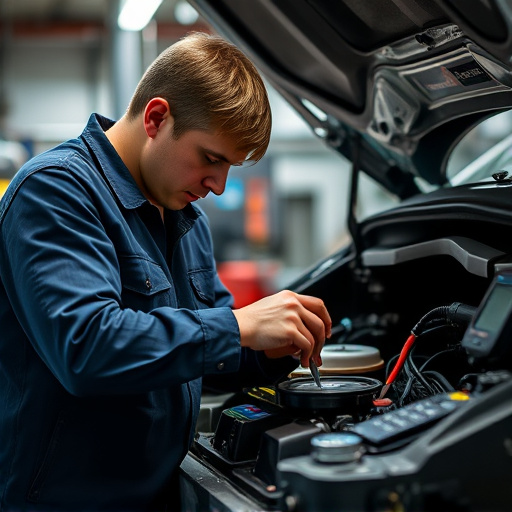
Plastic welding technology showcases its versatility across a diverse array of applications, revolutionizing industries from automotive to manufacturing. One of its standout uses is in mercedes benz collision repair, where precision plastic welding techniques enable car repair shops and vehicle repair services to restore vehicles with minimal impact on their structural integrity and cosmetic appeal. This technology isn’t confined to cars, though. It’s also utilized in medical device fabrication, electronics housing, and even in creating durable sporting goods. The adaptability of plastic welding allows for the integration of diverse materials, fostering innovation and opening doors to new design possibilities.
Enhancing Durability: The Strength of Plastic Welded Components
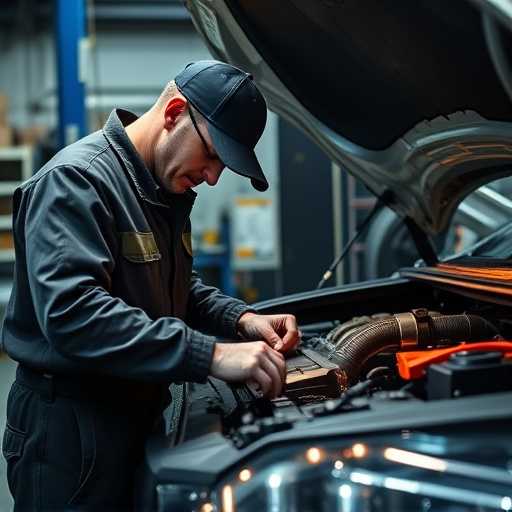
Plastic welding technology offers a significant advantage in enhancing the durability of components. When compared to traditional joining methods, plastic welding provides stronger bonds that can withstand higher stresses and strains. This is particularly beneficial in industries such as fleet repair services and vehicle collision repair, where structural integrity is paramount. Auto body shops are increasingly adopting this technology for its ability to create fused connections that rival metal welds, ensuring vehicles not only look like new but also perform optimally.
The strength of plastic welded components lies in the chemical bonding process, which fuses the polymer chains across the join line. This creates a seamless fusion, eliminating weak points often associated with other joining techniques. As a result, plastic welding is a preferred method for complex automotive parts, where durability and safety are non-negotiable. Its versatility allows for the repair and restoration of various materials used in modern vehicles, contributing to longer-lasting fleet operations and more cost-effective vehicle collision repairs.
Plastic welding technology offers a multitude of benefits, from increased efficiency and precision to enhanced durability. Its versatility allows for its application across diverse industries, ensuring robust and reliable connections. By embracing this innovative technology, manufacturers can streamline production processes, improve product quality, and meet the ever-growing demand for lightweight, strong, and sustainable materials.



